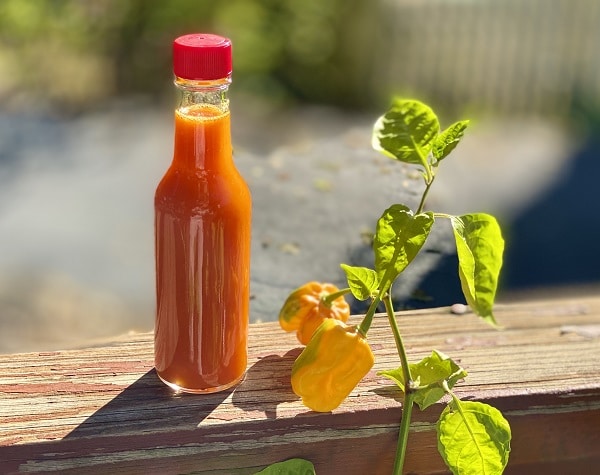Protecting your outdoor landscape from animal damage can be a daunting task. There are many different ways to protect your property, and it can be challenging to know which method is suitable for you. From fencing to chemical repellents, there are many options available. To make it easier, we will discuss a few of the most common types of protection and how they work to keep your property safe.
Contents
Putting Up A Fence

Fencing can be a primary defense against animal damage. There are many different types of fencing that you can use for your garden, and some companies even offer fence installation services. Fences should be installed at least two feet into the ground to stop dogs from digging under them. It is best to install them at three feet so larger animals such as deer cannot get over it. When installing fencing around your property, remember that animals can climb fences too! Make sure to place barbed wire or electric wire on top of the fence if you need extra protection from animals trying to jump over it.
Motion Activated Sprinklers

Motion-activated sprinklers can be an effective way to protect your landscape. These sprinklers are commonly on farms with livestock or other large animals. The sprinkler will set off a noise that scares the animal away. While this is very effective for larger animals, it is less impactful for smaller nuisance wildlife such as raccoons and opossums. Motion-activated sprinklers by themselves are not generally enough to protect your landscape, but they are an effective secondary or tertiary line of defense against many animals.
Chicken Wire/Metal Mesh

When using chicken wire or metal mesh as your barrier against animal damage, make sure you use something strong enough to stop an animal from getting through it. The thickness of the chicken wire will depend on what type of animal is trying to get through it. For example, if you’re dealing with larger animals like goats, then 1″ – 2″ should be sufficient protection. Another option is to double up your layers for that extra bit of protection. Remember, goats can jump over things as high as seven feet! If you use chicken wire as a barrier, be aware that it will deteriorate over time and eventually need replacing. However, metal mesh is more durable and should last much longer before needing to be replaced.
Securing Trash Bins/Compost Bins

One reason animals love to get into your landscape or garden is to get into your trash bins or compost bins. Security for waste cans and compost bins usually comes from a locking lid on top of the container itself. This is best with more significant animal-proof waste receptacles such as those found at community parks or campgrounds where bears try to get into the trash. A locking lid on your waste receptacle is essential if you have a dog in the house or outside who might be tempted to investigate what’s inside! The average homeowner may use a smaller waste can to collect their household waste.
Ultrasonic Sound Emitters

Ultrasonic sound emitters project an ultrasonic noise that deters nuisance wildlife like raccoons, opossums, squirrels, and deer. The ultrasonic sound can be emitted in two different frequencies: high frequency or low frequency. Therefore, the high-frequency sound is more often used to keep away raccoons and opossums, while the low-frequency sound keeps out larger animals like deer. You can purchase these sound emitters at most hardware stores, or you can get them online.
Using Hot Sauce Or Vinegar

Something as simple as a hot sauce or vinegar repellent can be an effective way to keep animals out of your landscape. Hot sauce contains chemicals called capsaicinoids which irritate the mucus membranes of mammals. Of course, you can use commercial products, but there’s no harm in making it yourself either! While this approach isn’t going to stop every animal from getting into your garden, it is a cheap and easy method for keeping smaller nuisance wildlife away. This irritation leads to a burning sensation and triggers behavioral changes within the mammal. In addition to being irritating, capsaicin and related compounds repel mammals which helps prevent them from coming back. Vinegar consists mainly of acetic acid and is considered an excellent natural deterrent for rabbits, deer, cats, and dogs.
Picking Plants That Animals Don’t Want To Eat

If you have a garden, picking plants that animals don’t want to eat can be helpful. This might include plants such as impatiens, snapdragons, and geraniums. These plants can even be beneficial in containers on your patio or porch if you have animals around that like to munch on your outdoor plants. Unfortunately, this approach may not necessarily save your garden from damage. It just means that animals might prefer your neighbor’s unprotected yard instead!
Conclusion
If you spend a lot of time on your landscaping, one of the worst things that can happen is for animals to come in and destroy it. Sometimes you can deter animals by simply putting up a fence, but other times there is an animal that can merely jump or climb over it. So if you want to keep your outdoor areas safe, get creative. Try using some of these helpful tips and tricks to protect against all animal damage!


